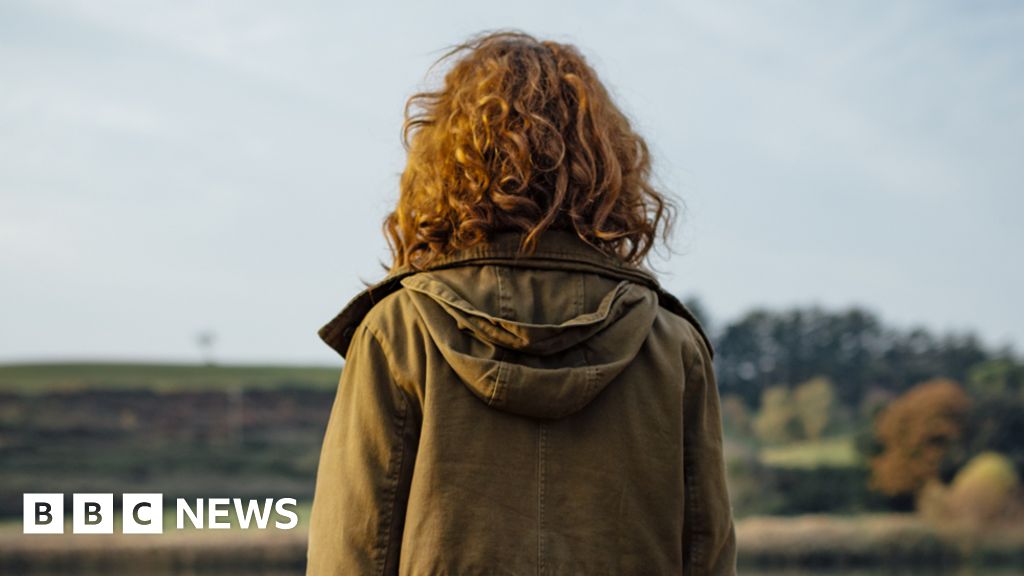Hopefully this is seen as a more unbiased source.
“What’s unfortunately happened for these young people is that because of the toxicity of the debate, they’ve often been bypassed by local services who’ve been really nervous about seeing them,” Dr Cass said.
“So rather than doing the things that they would do for other young people with depression, or anxiety, or perhaps undiagnosed autistic spectrum disorder, they’ve tended to pass them straight on to the Gid service.”
“There are few other areas of healthcare where professionals are so afraid to openly discuss their views, where people are vilified on social media, and where name-calling echoes the worst bullying behaviour,” she said.
Her report added that the “exceptional” toxicity has had a negative impact on the quality and availability of evidence.
There’s nothing objectionable or controversial in this article, yet it’s getting downvoted to heck. Good object example of how legitimate discussion of the topic is being suppressed
It’s a sensitive subject that’s hard to talk about. Humility and compassion, as well as a will to listen to understand, is needed by everyone involved.
It indeed is. Why is an article of scientists discussing children’s welfare marked NSFW?
Why is an article discussing children’s welfare down-voted to oblivion? I don’t think that’s how down-votes are supposed to be used. However, I put it as NSFW because I knew it would be sensitive and I wanted to give fair warning.
Dr Cass told BBC Radio 4’s Today programme that clinicians were concerned about having “no guidance, no evidence, no training”.
She said “we don’t have good evidence” that puberty blockers are safe to use to “arrest puberty”, adding that what started out as a clinical trial had been expanded to a wider group of young people before the results of that trial were available.
“It is unusual for us to give a potentially life-changing treatment to young people and not know what happens to them in adulthood, and that’s been a particular problem that we haven’t had the follow-up into adulthood to know what the results of this are,” she said.
We do not have longitudinal studies of how a very new drug, puberty blockers, impacts later development in adulthood. The drugs haven’t been around for long enough to test it. Makes sense that we should be cautious.


